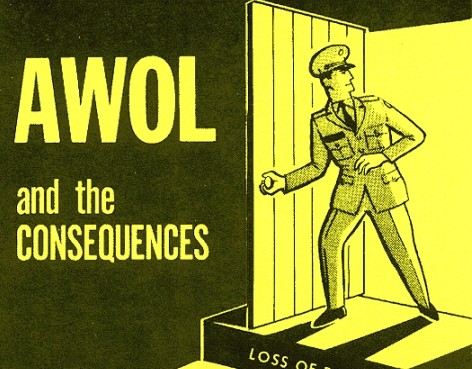Time for some self-criticism.
In the ordinary course of things, one would have expected many opinions and articles from AJDS on its website in response to the current outbreak of violence between Israel and Hamas and we have been discussing a response, but are yet to produce.
But as well, consider the need to respond to other pressing human rights issues: the fact that the government of Australia is returning to a most punitive regime against refugees, one that is likely to cause any number of problems as they are released into the community while forbidden to work. We can see the consequences: involvement in petty crime or worse, drug dealing, and an outbreak of racism, with a subsequent ‘I told you so about those illegal from the Gillard government in coming months. Wonderful stuff. What can we say? What can we do?
What is more important? Israel/Palestine Round 537? The rights of refugees? The continuing crisis in indigenous health? or Climate Change?
Frozen, overwhelmed and seemingly underskilled.
This is in part a direct consequence of the social media revolution. There has been a switch of conversation from printed material (with a week or a month’s turn around), face-to-face meetings, to the online. 15 years ago we found the World Wide Web a huge technical challenge, but once that was mastered, we though the situation was settled and we could publish online and solve the problem.
But it hasn’t turned out like that. Disruption is the rule of technological innovation. For political campaigning for small organisations, the webpage may well be too hard and too difficult to maintain and promote. Now, instant conversations and reactions offered by Facebook, Twitter and any number of platforms on any number of diverse devicesthatget to people almost instantly. Thus websites in this context are clumsy and difficult for amateurs to maintain as fast and effective means of communication. Facebook requires no skill other than the capacity to type in one form or other, or you can just get on the phone. If you want opinion, go to the social media, but it won’t necessarily be organisationally filtered opinion, but rather the POV of people such as Sol Salbe, or the crew at +972, or even Electronic Intifada who play a critical role in informing the world. It is a role that is beyond traditional organisational capacities and community activism and advocacy are also victims and participants in the 7×24 conversation cycle. How else is it that conversations are going on between people in Melbourne on Facebook or via email at midnight, AFTER they have got through their ‘ordinary’ communication activity?
We are also faced by the overwhelming imbalance of resources in the Jewish community when it comes to political advocacy. How can a small voluntary organisation whose committee snatch moments from their working lives, compete with a full panoply of organisations with full-time, professional staff working in the capital cities and particularly Canberra, all with strong international links and heaps of resources to engage in social media work?
And when, as Robert Putnam showed so well in his study of community involvement in the US, people are increasingly passive, and ‘bowl alone’. Increasingly, people are not involved in organisations, but they wish to consume…and the same effects how progressive people behave, including younger people who are used to having choices that are mediated electronically. If it is not interesting, don’t put in the URL, but as well, drafty halls and meetings that take up personal time and opportunities to have fun, to discuss complexity are of increasingly less interest.
Oh well, soldier on for sake of truth, justice, and …
Larry Stillman is solely responsible for this post!
Is AJDS AWOL or are we just overwhelmed victims of social media?

